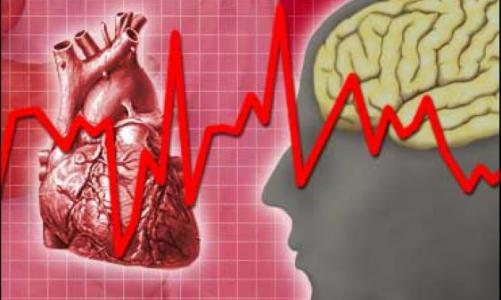
Factors associated with an increased risk of premature development of coronary heart disease can be divided into two groups: Factors that people can not change, and those that amenable to modification. The former include heredity, male sex, and the aging process. The second group includes:
Risk reduction due to physical exercise
There are practically no direct evidence that the performance of physical exercise leads to smoking cessation or reduction the number of cigarettes smoked. However, there is evidence the effectiveness of the physical exercise to lower blood pressure in people with low and moderate hypertension. Physical activity is aimed at improving endurance, can reduce as an diastolic and systolic blood pressure by about 10 mmHg in people with moderate essential hypertension.
Exercise is probably the most favorably influence blood lipid levels. Although exercise aimed at improving endurance, only slightly reduce total cholesterol and low density lipoprotein associated with cholesterol, they significantly increase the content of high density lipoprotein, cholesterol-related (positive factor). and reduce the concentration of triglycerides. As to other risk factors, then physical exertion play an important role in reducing the and regulation of body weight, as well as the development of diabetes. Physical exercise also are effective to reduce the influence and regulation of stress, reducing anxiety.
To diagnose of the disease is used several laboratory techniques: viral culture, immunological, serological (antibody detection in serum), and others. The newest and very accurate method of diagnosis is the polymerase chain reaction, as well as new serological techniques that allow distinguish the types of the virus and forms of the disease.
Leave a Comment